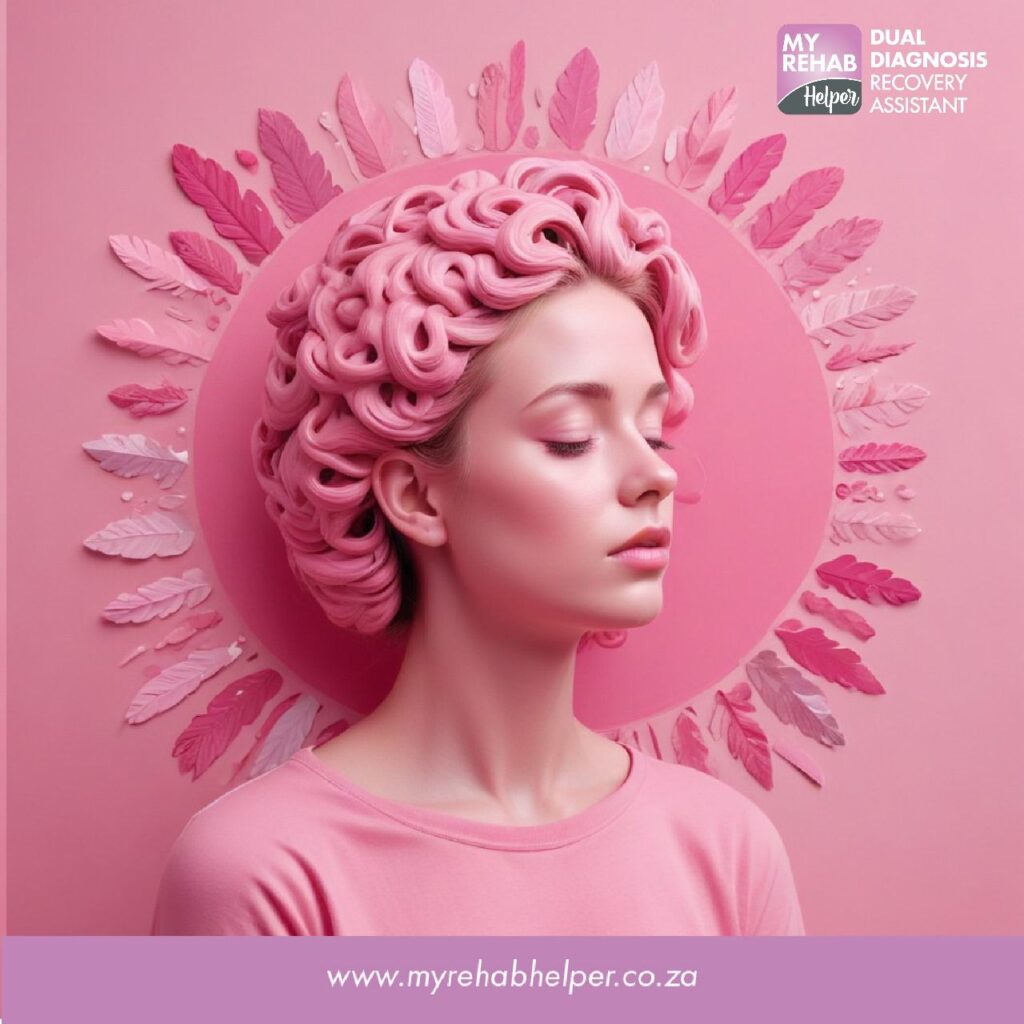Outpatient Rehabilitation Services
We provide extensive outpatient rehabilitation services that help individuals in their journey to recovery from addiction while balancing daily life. Our tailored support includes personalized recovery plans and the flexibility of telehealth options, making it easy to connect with experienced professionals from home. We emphasize community and accountability, offering group meetings and progress tracking tools to empower everyone. By creating a supportive network, we foster growth and provide resources for a healthier lifestyle. If you’re interested in understanding how these services can benefit you or someone you care about, there’s much more to discover.
Outpatient Rehabilitation Services: Key Takeaways
- Innovative outpatient support offers tailored addiction recovery services, connecting users with experienced professionals for guidance and assistance.
- Personalized recovery plans adapt to individual progress, helping set achievable goals and track milestones for sustained motivation.
- Accessible telehealth options allow individuals to receive comprehensive care from the comfort of home, eliminating travel stress.
- Community and educational resources foster connection among peers, providing a supportive environment and valuable information about addiction.
MyRehab Helper is an outpatient drug and alcohol
How can MyRehab Helper transform our approach to outpatient drug and alcohol rehabilitation? By offering innovative outpatient support tailored to our unique needs, we can greatly enhance our addiction recovery journey. With MyRehab Helper, we gain access to a wealth of resources and tools that empower us to make lasting changes in our lives.
One of the standout features of MyRehab Helper is its ability to connect us with experienced professionals who understand the complexities of addiction. We can participate in virtual counseling sessions, attend group meetings, and engage with a supportive community, all from the comfort of our homes. This flexibility allows us to balance our recovery with daily responsibilities, making it easier to stay committed to our goals.
Moreover, the platform provides personalized recovery plans that adapt to our progress. We can track our milestones, set achievable goals, and receive real-time feedback, which keeps us motivated. With MyRehab Helper, we’re not just another statistic; we’re part of a supportive network that fosters accountability and growth. Together, we can redefine our paths to sobriety and build a healthier future.
MyRehab Helper
Exploring the resources available at MyRehab Helper opens up a world of support for our outpatient rehabilitation journey. This platform offers a thorough range of telehealth options that make accessing care more convenient than ever. We can connect with professionals from the comfort of our homes, ensuring we receive the guidance we need without the stress of travel.
One of the standout features of MyRehab Helper is its focus on patient support. We’ve got access to various resources, including educational materials and community forums where we can share experiences and advice with others on a similar path. This sense of community is essential for our recovery, reminding us that we’re not alone in this process.
Additionally, the website provides tools to track our progress, helping us stay accountable and motivated. We can set goals, monitor our achievements, and celebrate our milestones together. By utilizing these resources, we’re empowering ourselves to take charge of our recovery and make meaningful strides toward a healthier future. With MyRehab Helper, we have the tools and support we need to navigate our outpatient rehabilitation journey effectively.
What Types of Therapies Are Offered in Outpatient Rehabilitation Services?
When we think about the types of therapies available, we often consider physical therapy and occupational therapy as key options. In physical therapy, we focus on improving movement and reducing pain through exercises and modalities. In the meantime, occupational therapy helps us regain skills needed for daily activities, promoting independence. Both therapies play an essential role in recovery, and they’re tailored to meet our unique needs, ensuring we get the best possible outcomes.
How Long Does Outpatient Rehabilitation Typically Last?
When we think about duration, we realize it varies. Typically, rehabilitation lasts from a few weeks to several months, but patient experiences shape this timeline. Factors like individual progress, specific needs, and therapy types play an essential role. We’ve seen how some patients thrive within a month, while others may need extended support. Ultimately, it’s about tailoring the journey to each of us, ensuring we all achieve the best possible outcomes.
Will My Insurance Cover Outpatient Rehabilitation Services?
When we consider whether our insurance will cover outpatient rehabilitation services, it’s essential to review our specific insurance policies. Many policies offer coverage, but they often come with limitations. We should check for any co-pays, deductibles, or restrictions on the number of sessions. If we’re uncertain, contacting our insurance provider can clarify what’s included and make certain we comprehend any coverage limitations before starting the process.
Can I Continue Working While Attending Outpatient Rehabilitation?
We can definitely balance our work commitments with therapy scheduling. Many of us find that continuing to work while attending therapy helps maintain a sense of normalcy and purpose. It’s all about managing our time effectively and prioritizing our well-being. By discussing our needs with employers and therapists, we can create a plan that supports both our work life balance and our recovery, ensuring we thrive in both areas.
What Should I Bring to My First Outpatient Rehabilitation Appointment?
When preparing for our first appointment, we should gather a few essentials to meet patient expectations. Let’s bring a valid photo ID, insurance information, and any medical records relevant to our situation. It’s also helpful to have a list of current medications and any questions we might have. By being organized, we can guarantee a smoother experience and make the most of our time with the healthcare professionals during this important appointment.

